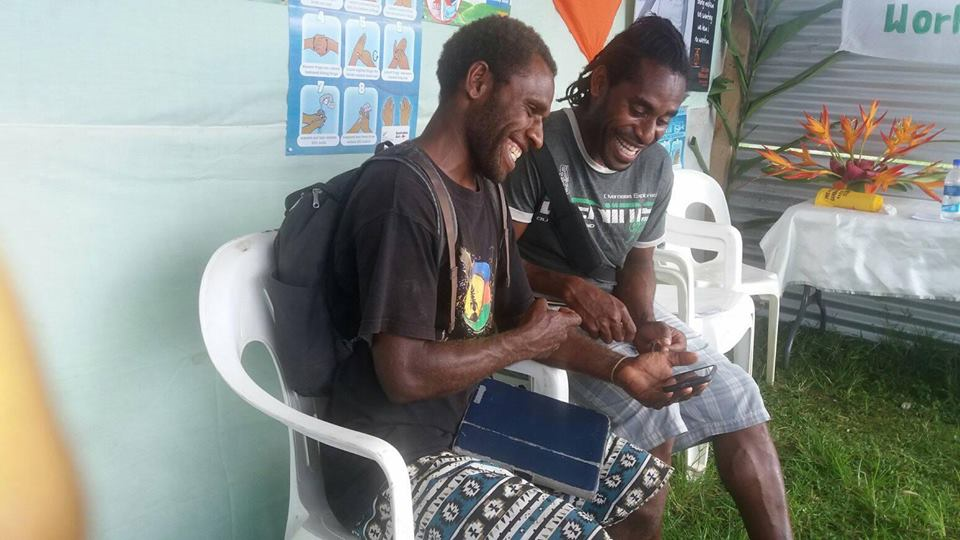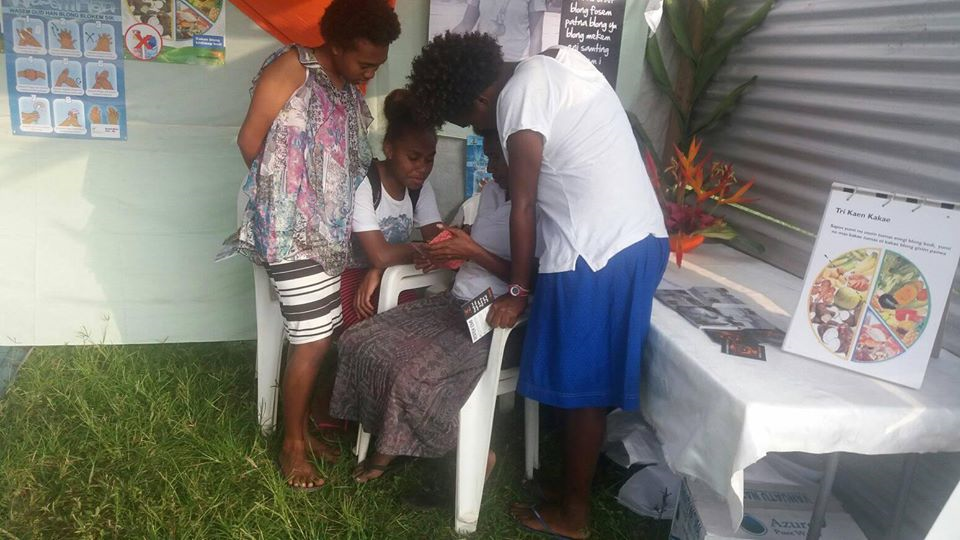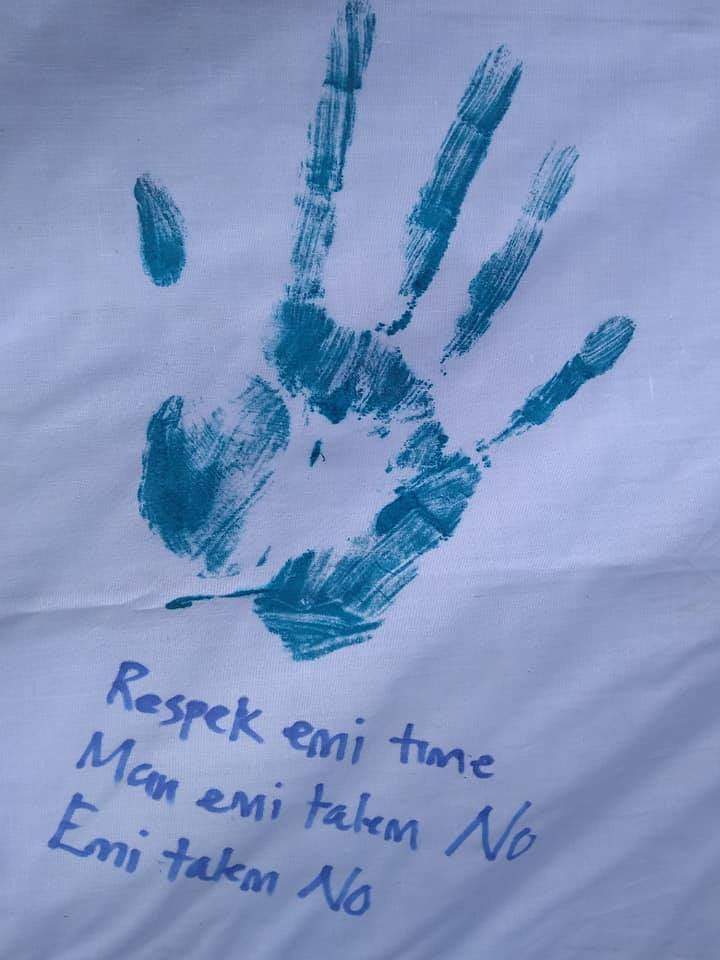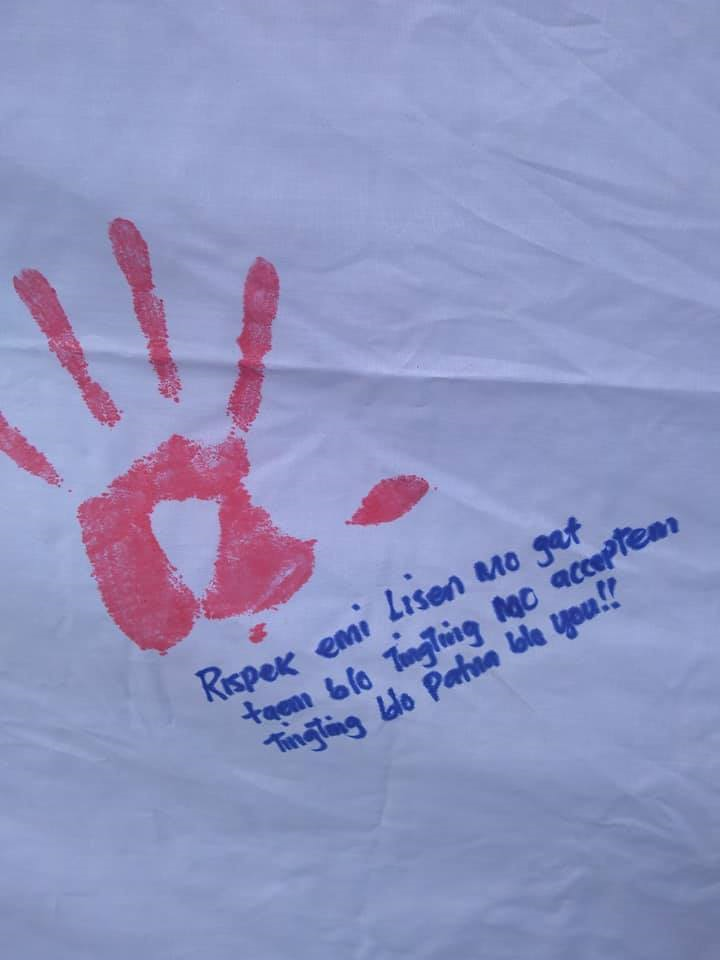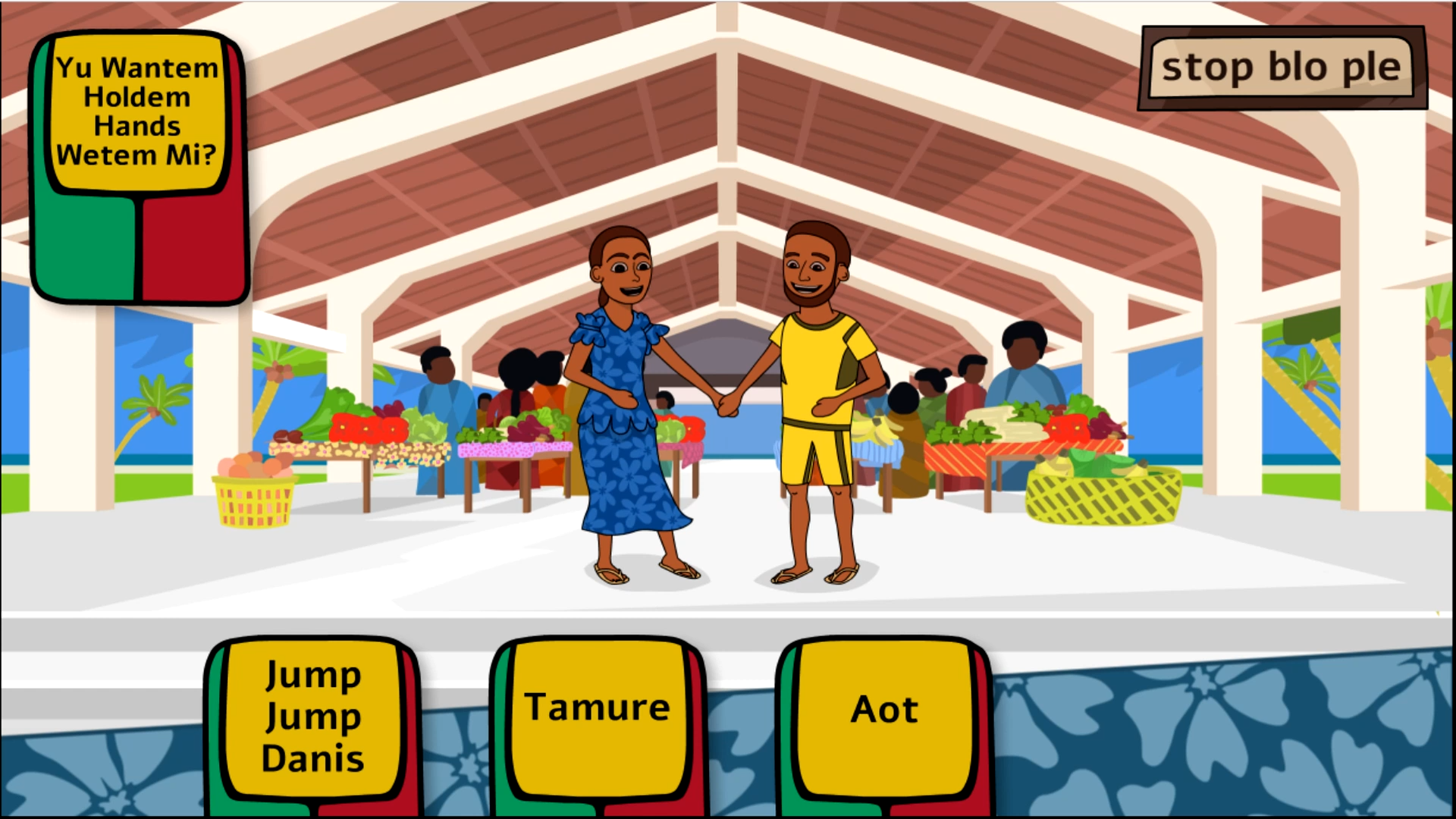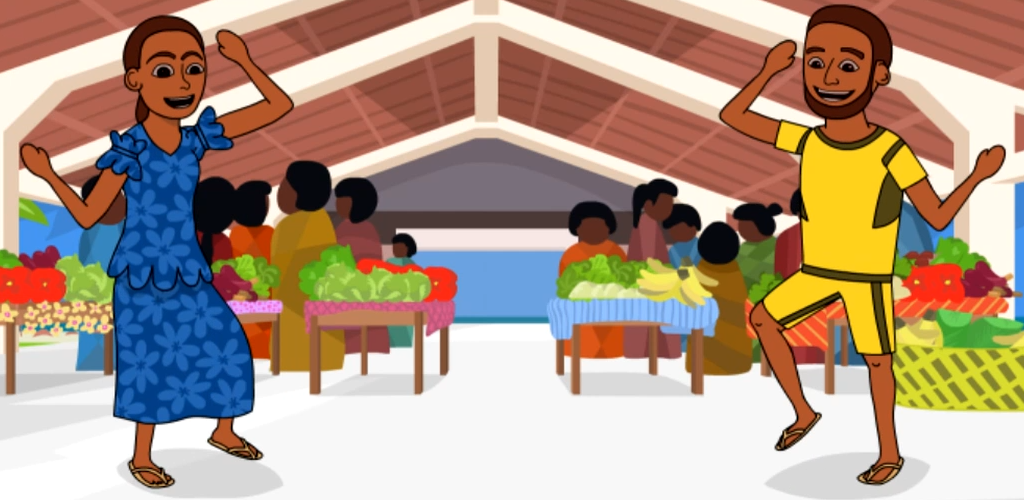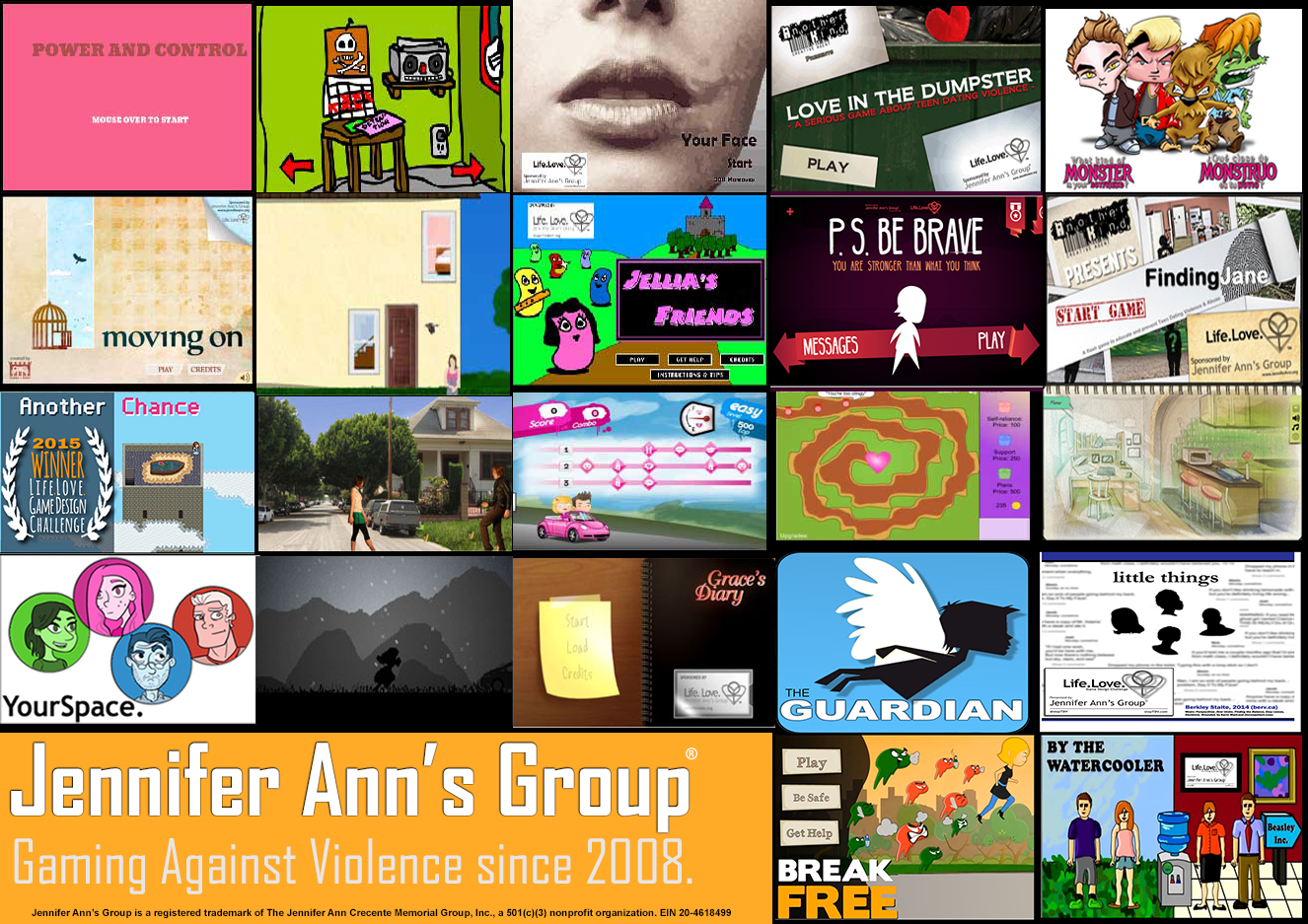
Rispek Danis is one of the serious video games that have come out of the award-winning Gaming Against Violence program. Developed by Jennifer Ann's Group and Life Love Publishing, Gaming Against Violence has been producing, publishing, and researching serious video games about serious issues affecting young people since 2008. Over sixty prosocial games have been produced addressing a variety of topics including bystander awareness, consent, gaslighting, healthy relationships, media literacy, power & control, and teen dating violence prevention.
The use of prosocial games to engage, educate, and empower young people about serious issues is an effective strategy. Published studies show that intentionally designed video games are effective at changing unhealthy attitudes about abusive behavior, increasing knowledge of dating violence, and increasing awareness of teen dating violence.
Supporting Research
CAVA Study
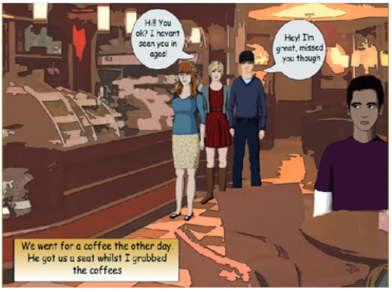
A 2014 study from CAVA discusses their success at developing and using a video game to change attitudes about abusive behavior with students in the UK, Sweden, Germany, and Belgium. One benefit of video games is that their interactive nature is better suited for addressing nuanced issues like emotional or psychological abuse as compared to traditional static content (e.g. pamphlets, toolkits).
Further, video games also support experiential learning, discovery learning, and context learning. Also, the preferences of adolescents are important and young people prefer computers to traditional methods while learning and prefer digital over other mediums. Additionally, they appreciate seeing that their preferences are taken into consideration.
Participants in the CAVA study also stated "I think people are more likely to listen more instead of just a teacher telling you stuff" and "[i]t doesn't feel like you're on the computer an hour because it's like a game."

Bowen, E. Walker, K. Mawer, M. Holdworth, E. Sorbring, E. Helsing, B. Bolin, A. Leen, E. Held, P. Awouters, V. Jans S. (2014). “It’s like you’re actually playing as yourself”: Development and Preliminary Evaluation of “Green Acres High,” a Serious Game-Based Primary Intervention to Combat Adolescent Dating Violence.Psychosocial Intervention, 23(2014), 43-55.
Erasmus Study
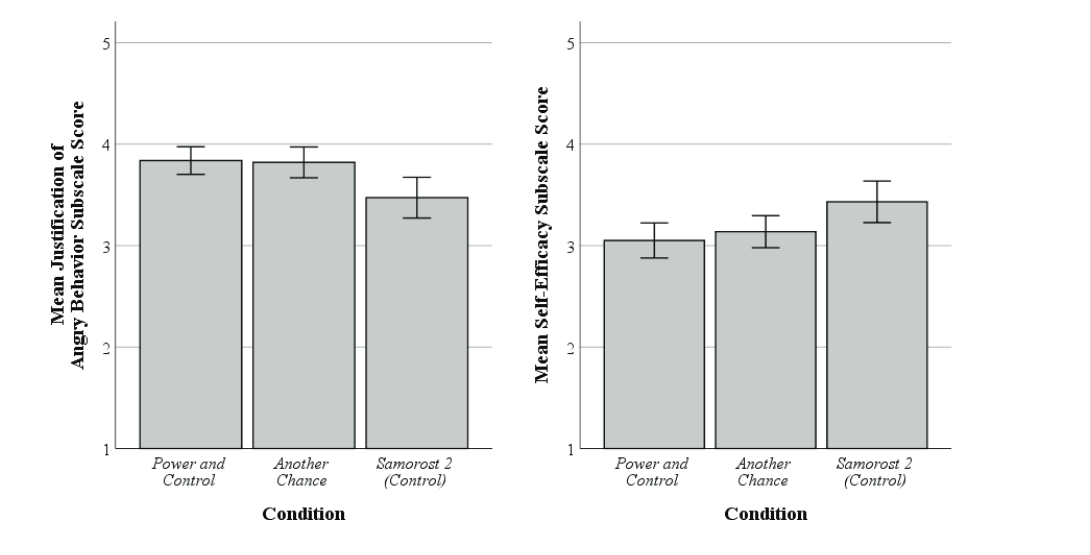
In comparing two forms of persuasive video games from the Gaming Against Violence program, the Erasmus study found that "both persusasive games evaluated showed a clear difference with the control game in the attitudes their respective players held afterwards." Both games showed less acceptance of angry behaviors in dating relationships and also showed lower self-efficacy with respect to dealing with relationship abuse. Although the reason for the reduced self efficacy was beyond the scope of the Erasmus study, one suggested explanation is that as a result of playing these games about teen dating violence the participants had a heightened awareness of the pervasive and serious nature of dating abuse among adolescents.

Jacobs, R.S., Jansz, J., and Kneer, J. (2019). Playing Against Abuse: Effects of Procedural and Narrative Persuasive Games. Journal of Games, Self, & Society, Issue 1. Dunlop, K. & Rivers, S.E. (Eds.) pp. 110-120. doi:10.1184/R1/7857578.v1.
Mechanical Turk Study
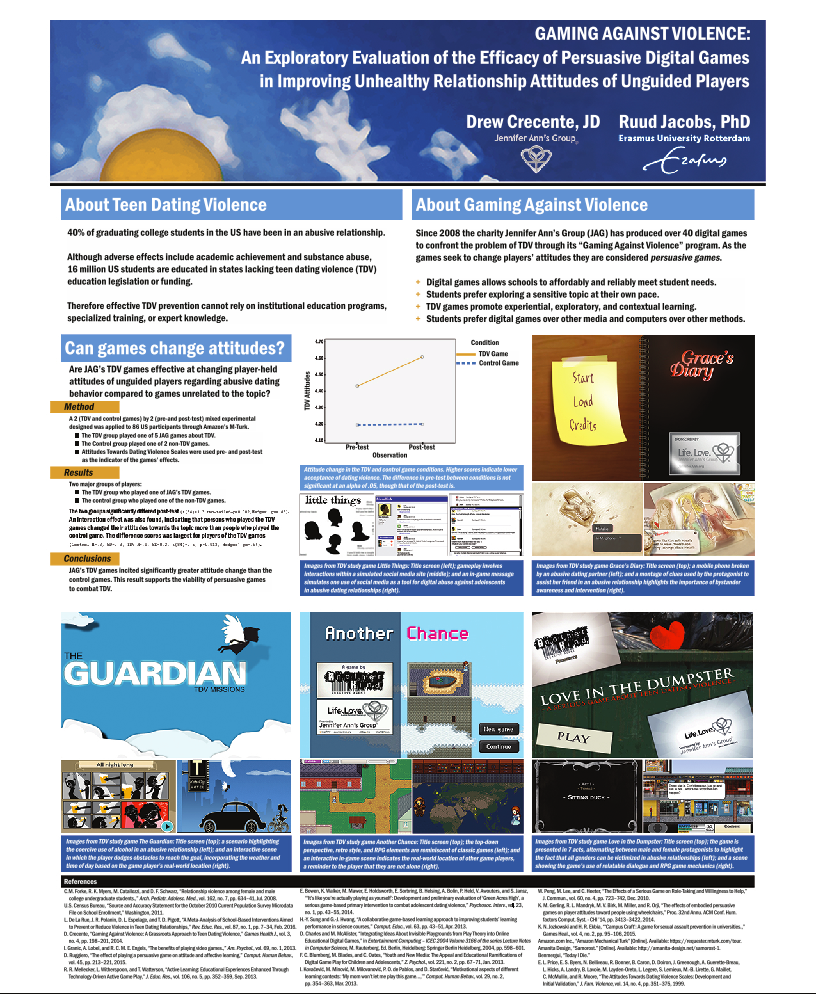
An exploratory study utilizing a subset of five serious games from the Gaming Against Violence program was conducted from November 2015 - January 2016 utilizing online participants via Amazon's Mechanical Turk service. The results of this study were promising, showing that those players playing the Gaming Against Violence games with teen dating violence themes showed greater increase on attitudes towards dating violence than did players of the control games unrelated to teen dating violence. The study "was not large enough to distinguish differential efficacy among the teen dating violence prevention games but did lay the groundwork for future studies to further validate the viability of these games as persuasive tools."

Crecente, D., Jacobs, R. S. (2017). Gaming Against Violence: An Exploratory Evaluation through Mechanical Turk of the Efficacy of Persuasive Digital Games in Improving Unhealthy Relationship Attitudes. Games and Learning Alliance 6th International Conference, GALA 2017, Lisbon, Portugal, December 5-7, 2017, Proceedings. Dias, J.; Santos, P.A.; Veltkamp, R.C. (Eds.) pp. 259-262.
Gaming Against Violence: White Paper on Teen Dating Violence (TDV)
A white paper created in cooperation with the Violence Prevention task force at IPRCE evaluates the problem of teen dating violence and its impact as well as the factors that complicate effective prevention. The paper then illustrates how bespoke prosocial video games such as those from the Gaming Against Violence program can effectively overcome these complications in order to more effectively prevent teen dating violence.

Crecente, D. (2019). Gaming Against Violence White Paper on Teen Dating Violence (TDV). TDV Video Games: Proposed Use and Call for Further Research
Gaming Against Violence: A Grassroots Approach to Teen Dating Violence
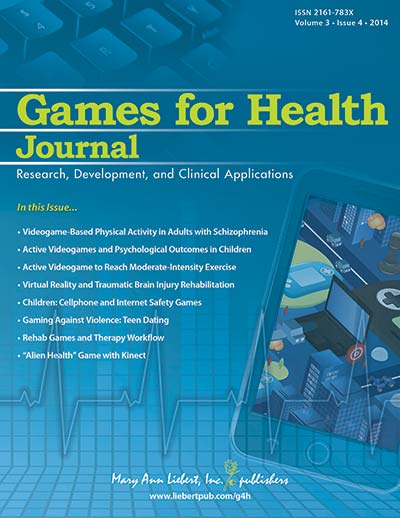
Program Profile:
Teen dating violence is a pervasive problem that affects millions of adolescents worldwide. Although there have been various approaches to addressing this problem, using videogames had not been employed before 2008, when Jennifer Ann's Group, an Atlanta, GA–based nonprofit organization, created an annual competition. The Life.Love. Game Design Challenge rewards game developers for creating videogames about teen dating violence without using any violence in the games themselves. The resulting videogames have increased awareness about teen dating violence and provided educational information to assist adolescents, parents, and teachers in identifying abusive relationships.

Crecente, D., (2014). Gaming Against Violence: A Grassroots Approach to Teen Dating Violence. Games for Health Journal, Vol. 3, No. 4. pp. 198-201.
